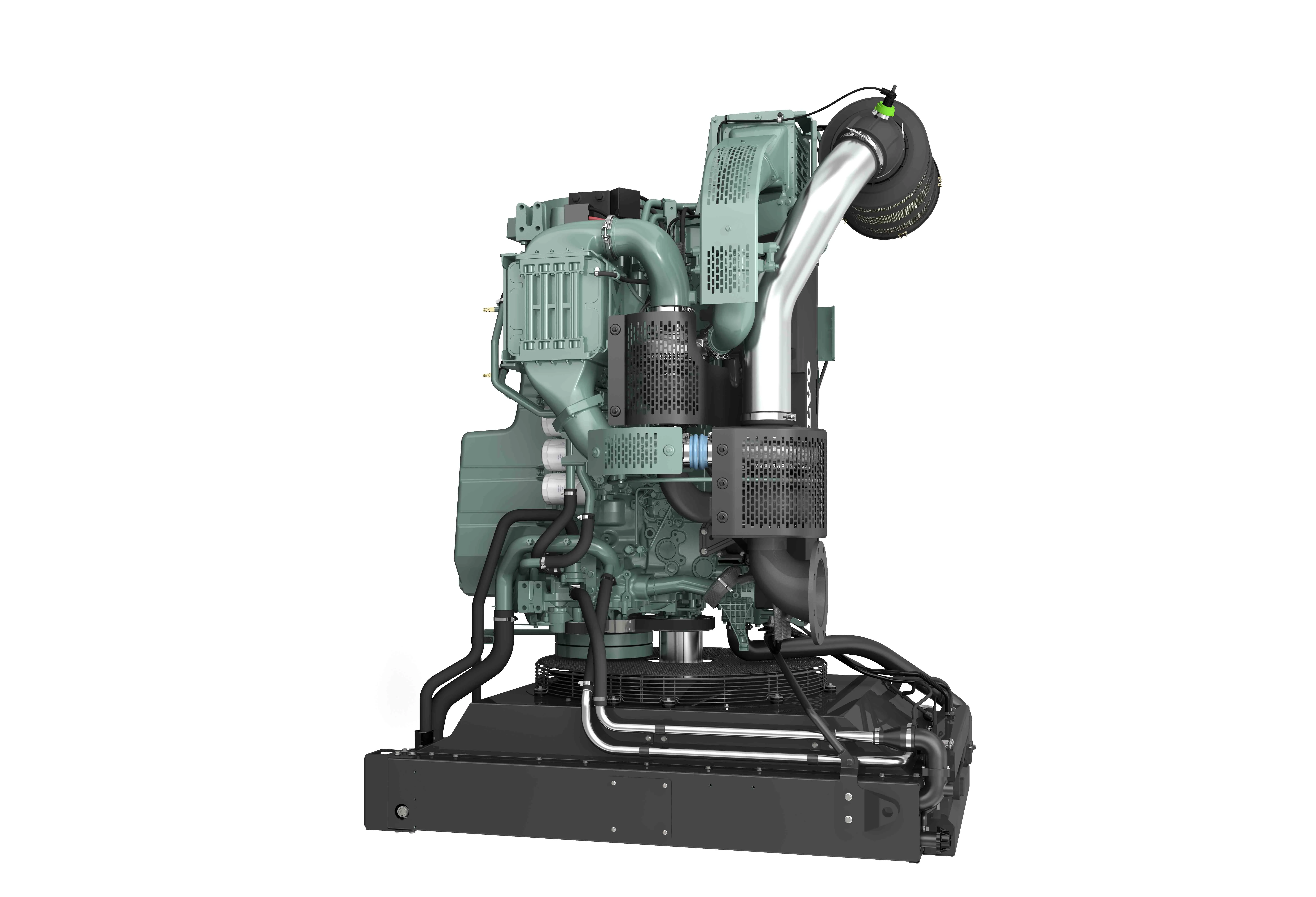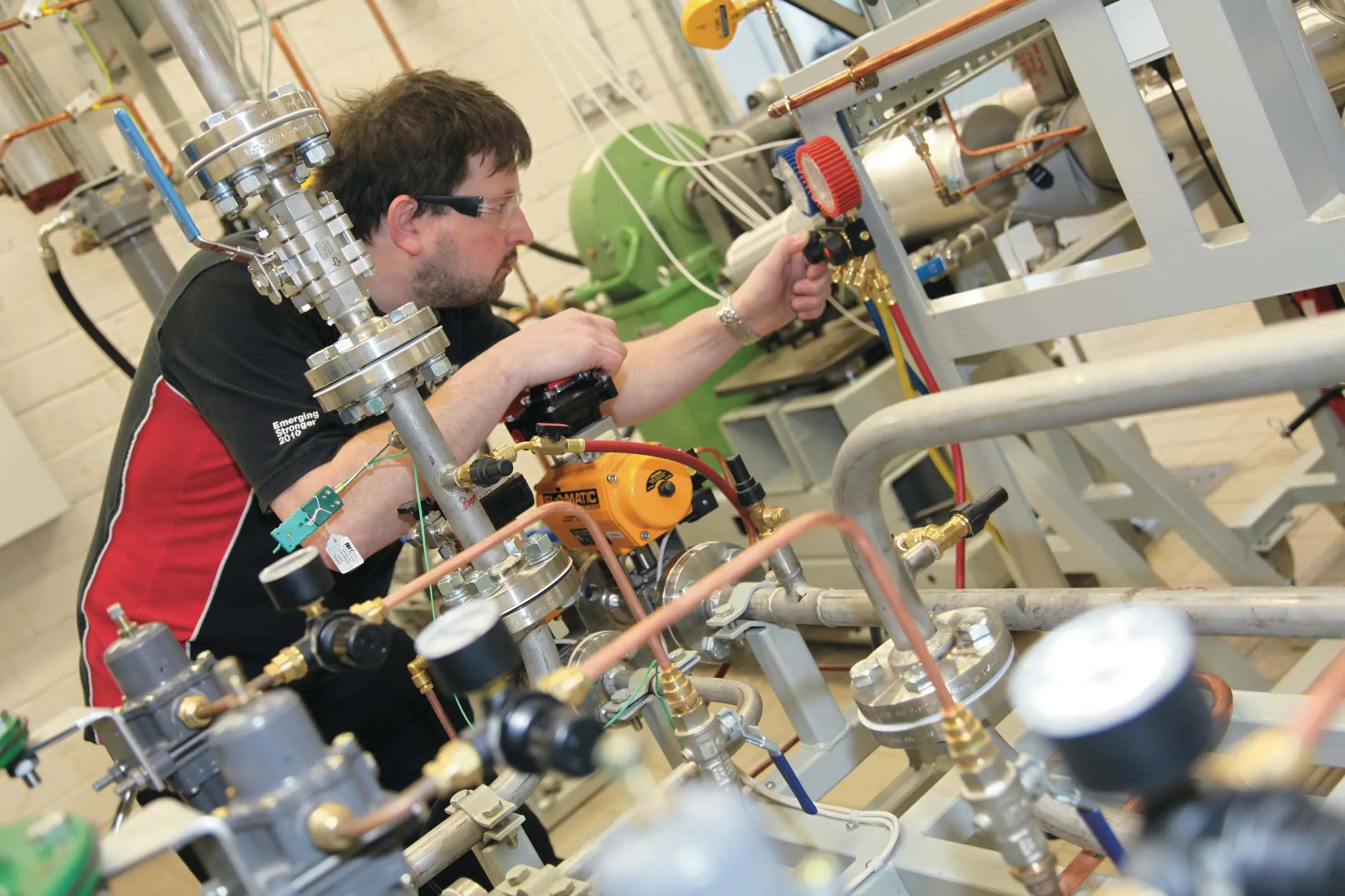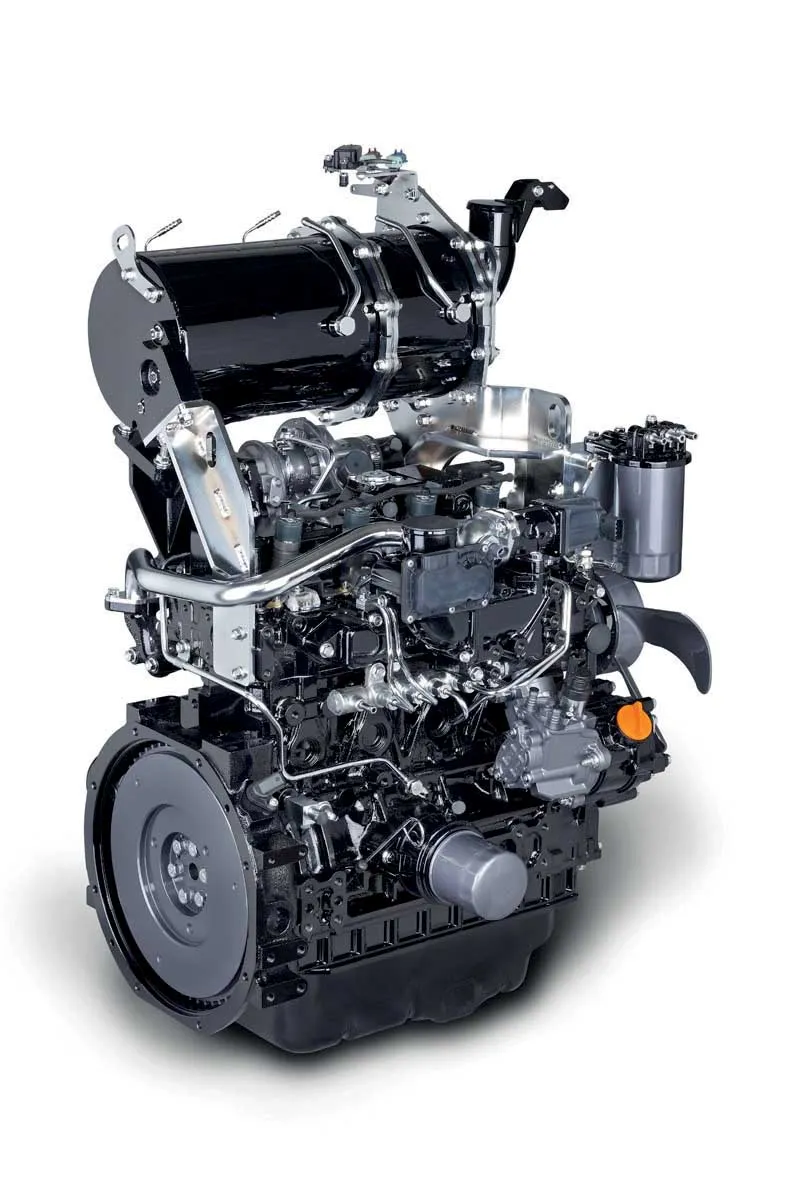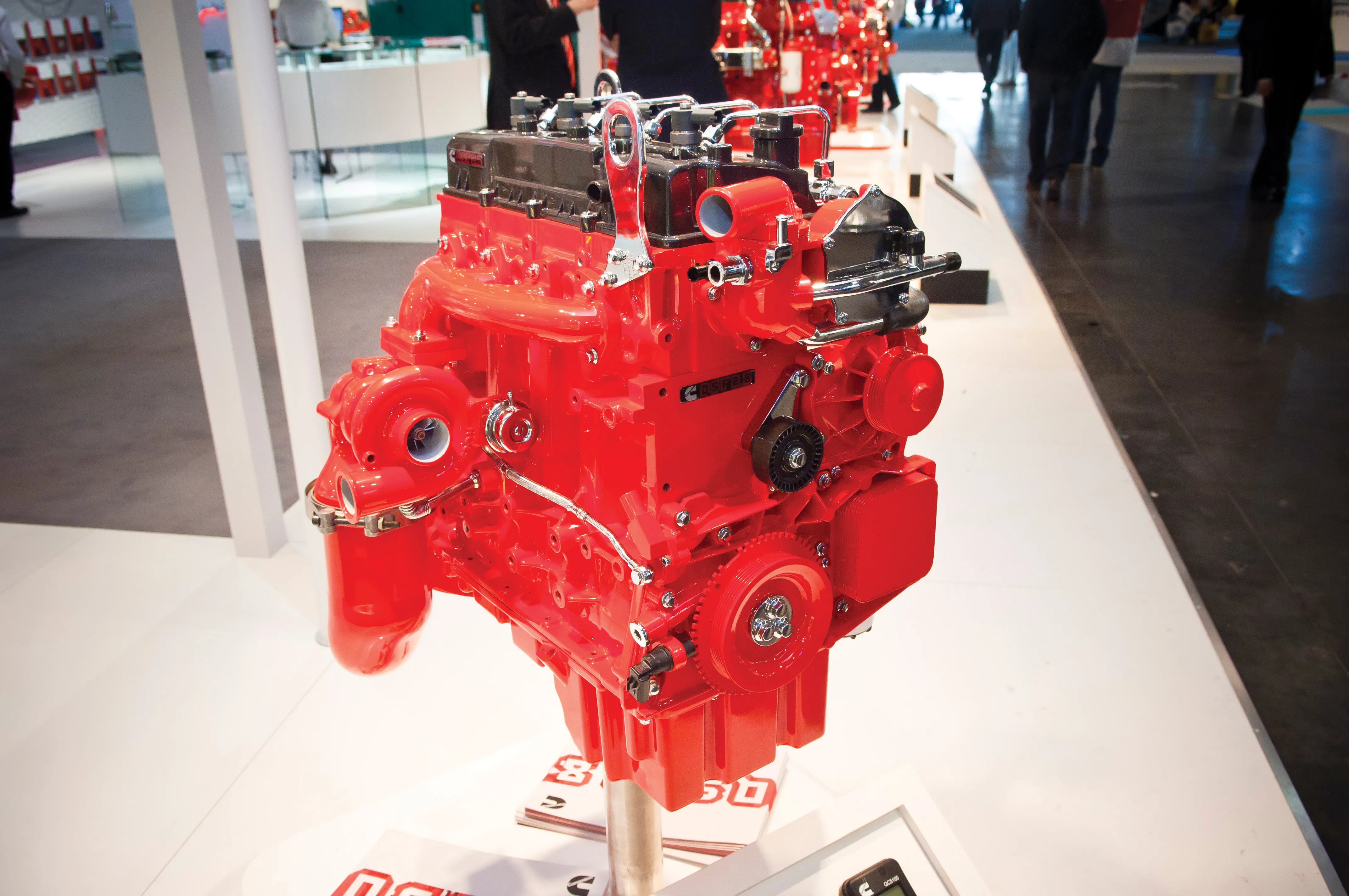Volvo Penta is launching two new diesel engines, the TWD1645GE and TWD1644GE, which it says extends its competitive range. The 16litre TWD1645GE has been designed to produce up to 10% more power compared to previous models, and its switchable rpm settings mean that it can be used anywhere in the world.
February 24, 2017
Read time: 2 mins

The TWD1645GE produces up to 800kVA at 1,800rpm (60 Hz), and up to 770kVA at 1,500rpm (50 Hz.). Its sister model, the TWD1644GE produces up to 752kVA at 1,800rpm, and up to 717kVA at 1,500rpm. Both are calculated with 94% generator efficiency.
The new 16litre engines feature dual stage turbo-chargers and new high grade steel pistons for excellent power density; optimised combustion with electronic high-pressure unit injectors, resulting in high fuel efficiency and low exhaust emission levels; upgraded wiring harness, for optimum insulation in harsh environments; two-circuit cooling package, and an advanced engine control system.
The engine can be used for prime power, in locations such as construction sites where there is no electricity grid supply, and as stand-by power, for sites such as hospitals which require back-up electricity supply in the event of normal power failure.
As the engines are equivalent to EU Stage II levels, exhaust emissions are minimised, for better environmental care. The engines have high power-to-size ratios and the firm says that the units are compact, flexible, have good load acceptance, and can be used in all types of applications. The firm added that the engines allow customers to power their businesses with these new units, while its global footprint means that it can supply the same engine to anywhere in the world and claims it can offer the same service support and aftermarket care.








